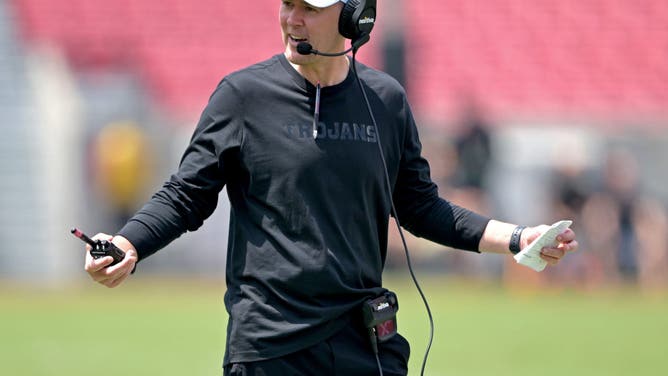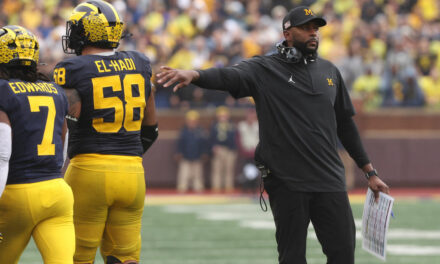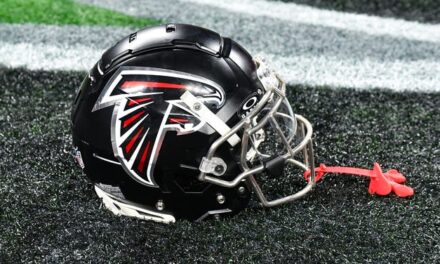We support our Publishers and Content Creators. You can view this story on their website by CLICKING HERE.
The redshirt revolution in college football is upon us, the latest in a long list of changes in how athletes navigate their collegiate careers. And USC Trojans head coach Lincoln Riley is dealing with several examples of how unhappy players are using redshift rules to their advantage.
Following in the footsteps of UNLV quarterback Matt Sluka, USC defensive lineman Bear Alexander recently announced he would reshirt for the rest of the 2024 season with the intention of transferring after the season.
Alexander, unhappy with a reduced role as a backup after starting on the 2023 team, was then immediately followed by senior linebacker Reasjon Davis. Davis told Riley this week that he too would redshirt after limited playing time in 2024. While speaking to the media, Riley said he understands both sides, but believes that the rules and eligibility requirements need to change in order to cut down on the midseason changes.
“Reasjon is a senior,” Riley said. “He’s not playing, you know, significant defensive snaps right now. He’s done some really good things, had a big-time special teams play for us the other day. I understand – you can understand both sides of it. I think it’ll be something that will have to be addressed big-picture, putting teams, players, all that in these positions. This four-game redshift deal is – I think there’s probably some better ways to do it than maybe the way we’re doing it right now. But as long as you have it, you’re going to have some situations like this.
“I think guys should have five years,” Riley said when asked about the right way to handle redshirts. “Do whatever you want. Play as much as you want or as little as you want, and the only way you get an extra one is if you’ve had two season-ending injuries when you miss the whole season. I think it should be that plain and simple, and be done. And then no one would have to worry about this other crap, with how many games we played and all that. I understand why it’s there, but I still think it’s a little bit behind the times.”

LOS ANGELES, CALIFORNIA – APRIL 20: Head coach Lincoln Riley of the USC Trojans looks on during the Spring football game at United Airlines Field at the Los Angeles Memorial Coliseum on April 20, 2024 in Los Angeles, California. (Photo by Jayne Kamin-Oncea/Getty Images)
Lincoln Riley Makes Some Sense With Redshirt Rules
It is difficult to see how the current rules can continue the way they are, given the inevitability of further redshirt-to-transfer decisions by key players. It’s one thing to enter the transfer portal after the season, but essentially quiting on the team in the middle of the year is another.
It puts teams in a difficult situation, planning their recruiting and depth chart on the assumption that players will be available for the entirety of the season. Only to see those players announce they’re leaving the program with no notice after week four. It’s understandable that players would want more playing time, especially seniors looking for a greater opportunity at the end of their careers. But that’s what the transfer portal is for.
The self-redshirt is a difficult rule to defend, even for fans who want players to have more control over their careers and futures. Maybe Riley’s suggestion will make its way up to the NCAA for some necessary changes.

 Conservative
Conservative  Search
Search Trending
Trending Current News
Current News 





